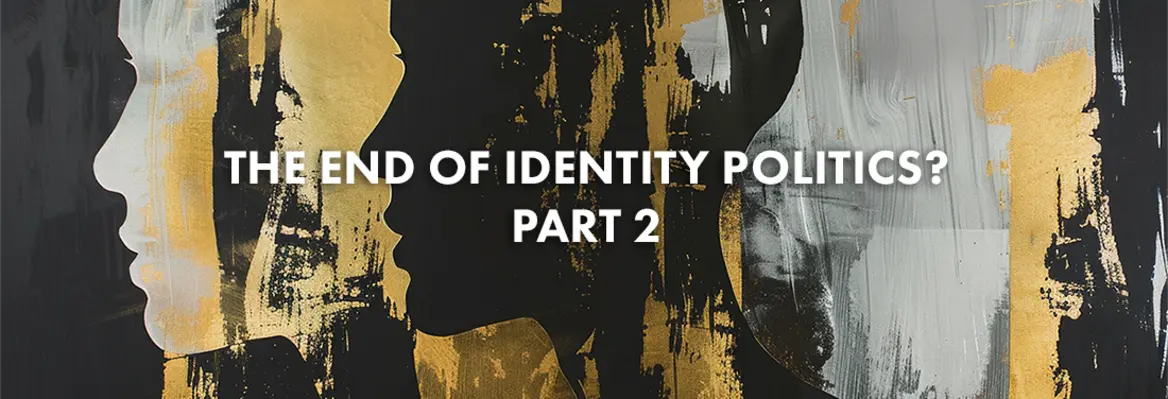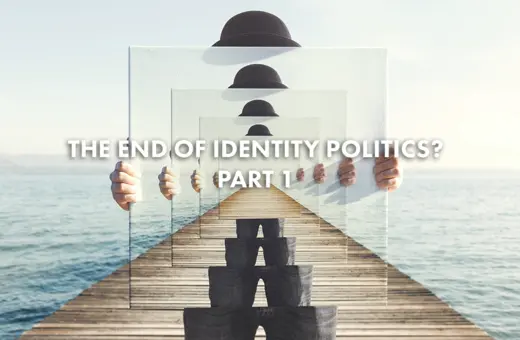Is the dominance of identity politics over? Yesterday, we published an article which claimed that it is. But today pioneering political scientist Jean-Paul Faguet argues that we should expect identity politics to get even more intense and dangerous. Class-based politics is giving way to identitarian politics, and the rise of a tribal, nativist populism is only accelerating this shift. This should be no surprise, he argues: politics organised around class interests which cut across ethnic boundaries was always a historical anomaly. In the broad sweep of human history, identity politics has been the norm.
The end of left-right politics
The era of left-right politics, which came to dominate political systems throughout much of the world, is arguably drawing to close. Long-established parties with enviable records of electoral success and governing achievement, such as Britain’s Labour and Conservative parties, Colombia’s Conservatives and Liberals, France’s Socialists, Germany’s Social Democrats, as well as traditional parties in the Netherlands, India, Venezuela, Chile and Ireland are in steep decline or are already dead. In many countries, their voters are being siphoned off by new parties that appeal across class lines to people’s ethnic, religious, racial, and sexual identities.
In a recent article, I traced this decline to deep economic and social changes that have undermined not just these parties as organisations, but the underlying ideological basis of a politics that pits left-wing, pro-worker parties favoring a larger government against right-wing, pro-business parties that want less government. We now work in ways that undermine the coherence of a self-identified working class, and by extension the coherence of a self-identified capitalist class. Once this opposition goes, parties organised according to such a divide no longer make sense.
In many ways, these changes mark the ultimate triumph of the Thatcher-Reagan revolution that began in the late 1970s. Both politicians led charges against the status quo by placing the individual firmly in the center of a new ideological order. People were no longer members of larger collectives, where the group mattered more than individuals because of strong common interests that could more effectively be achieved by working together. Instead, the indivisible “me” as a bundle of preferences and appetites became paramount. The goal of every citizen became to maximise her satisfaction without reference to any larger group or class.
___
We’re all entrepreneurs now.
___
At the same time, efficiency drives in one industry after another raised productivity by replacing workers with machines. In the 1950s, workers lived in the same neighborhoods, wore similar clothing, spoke in similar accents, and ate similar foods. Their work consisted of similar tasks on assembly lines and workshops in the industrial and industrializing world’s factories. It was natural to think that they had common interests, and that these interests were in opposition to those of the factory owners. By the 1990s, North American and European factories were filling up with automated machines and then robots, and the legions of unskilled workers were gone. Remaining workers were far fewer and more specialised. Their sense of common identity, interests, and purpose were undermined from below by the conditions of their work, and sledgehammered from above, first by right-wing governments and then by the “New Left.” Of course, people continued to work hard, and they still do today, but no longer as members of a “working class.” We’re all entrepreneurs now.
Back to the future: the (inevitable?) resurgence of identity politics
What were the politics of this transformation? And where does it sit in the broader sweep of history?






















Join the conversation